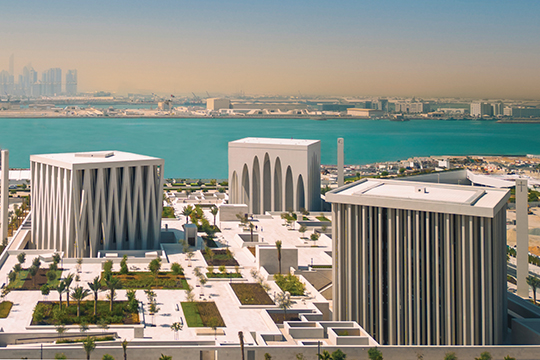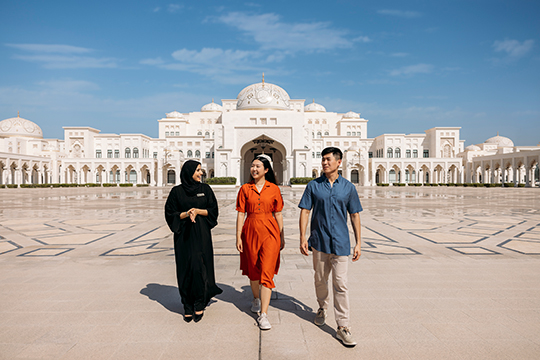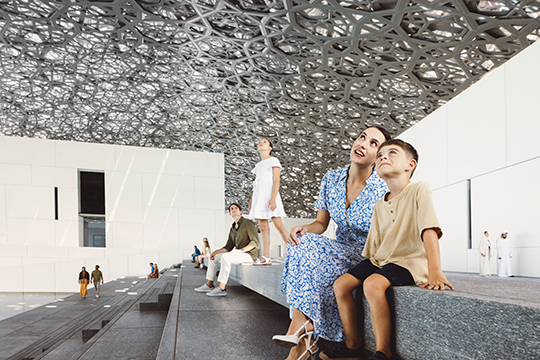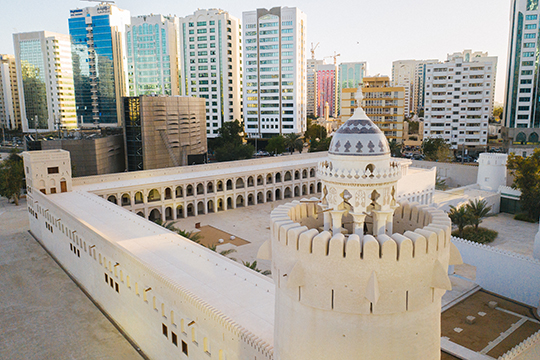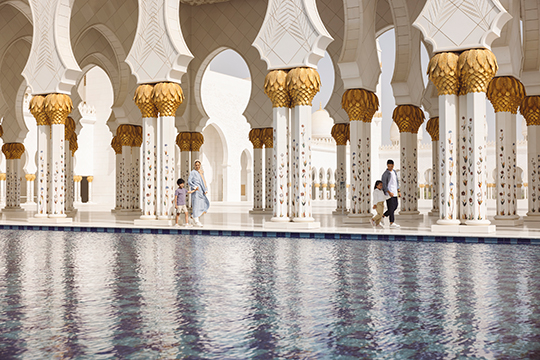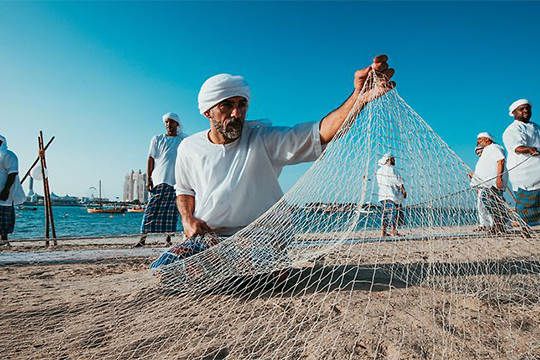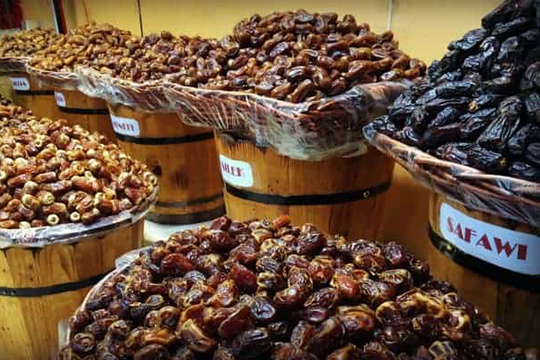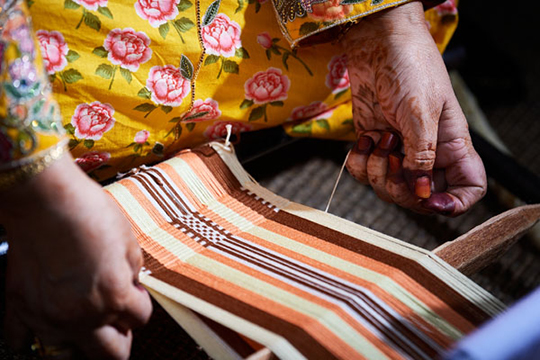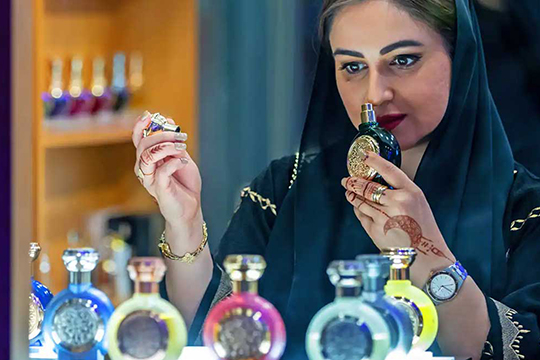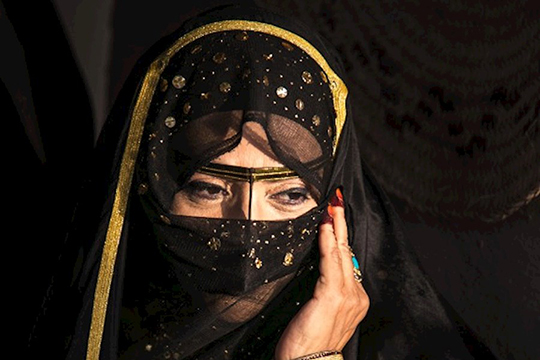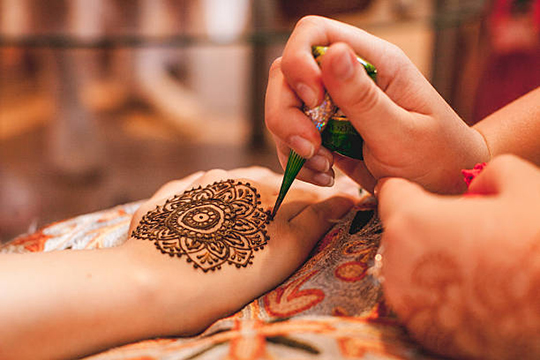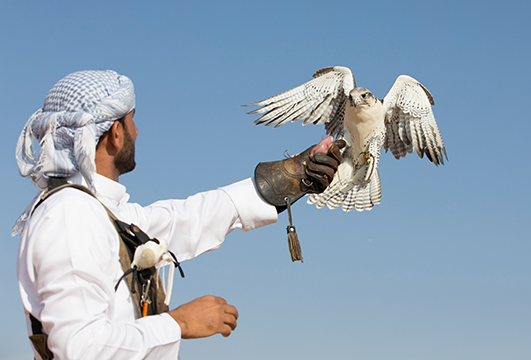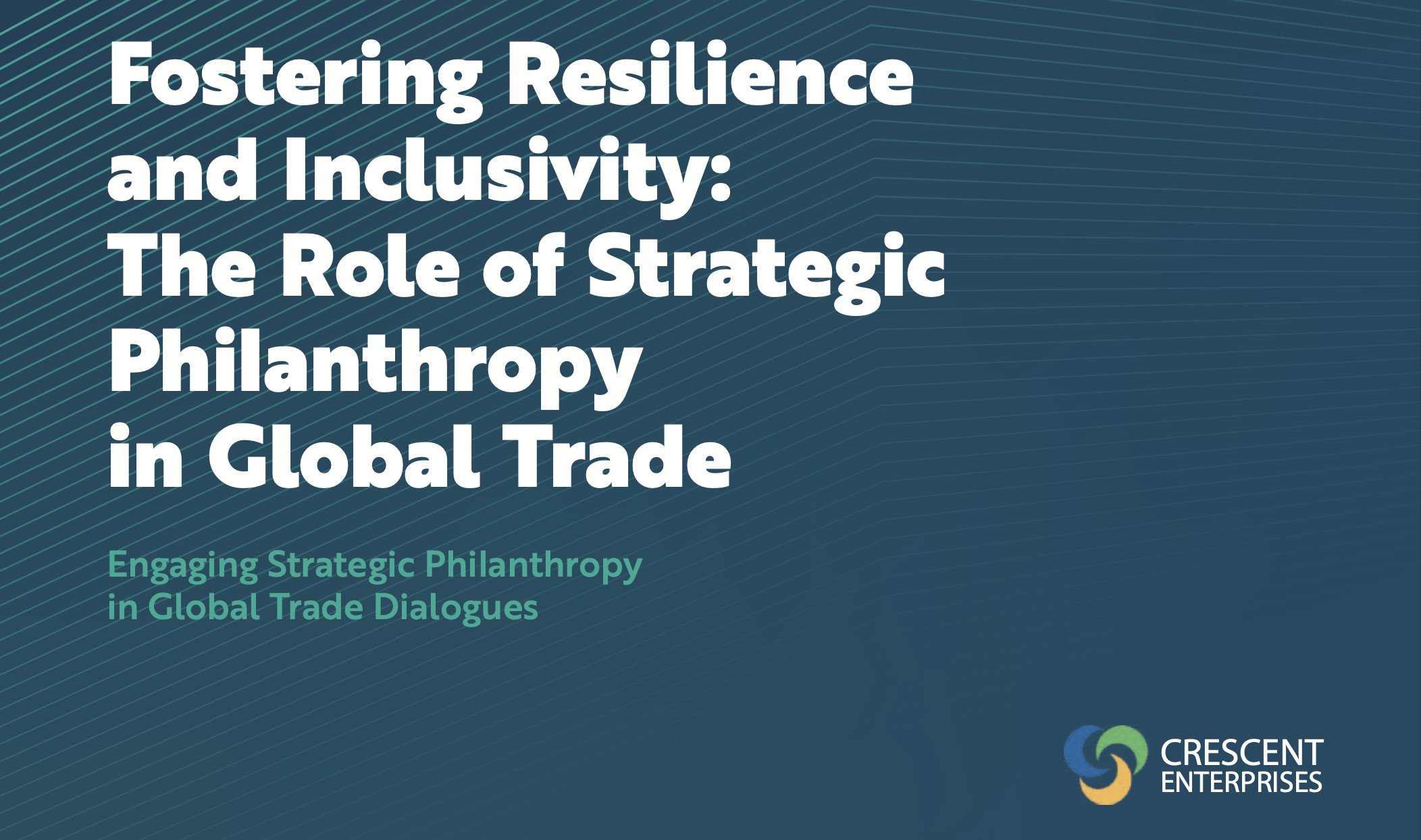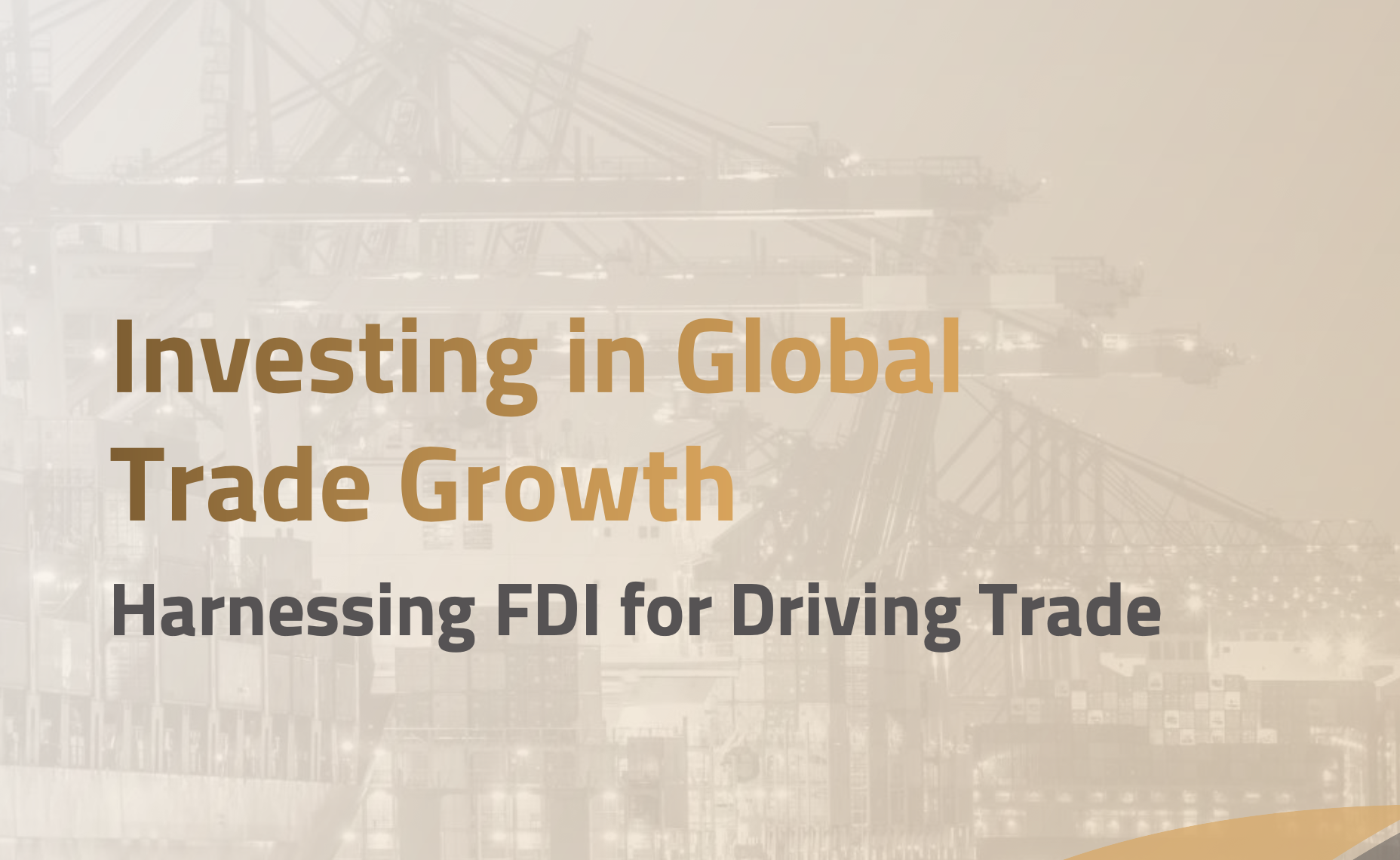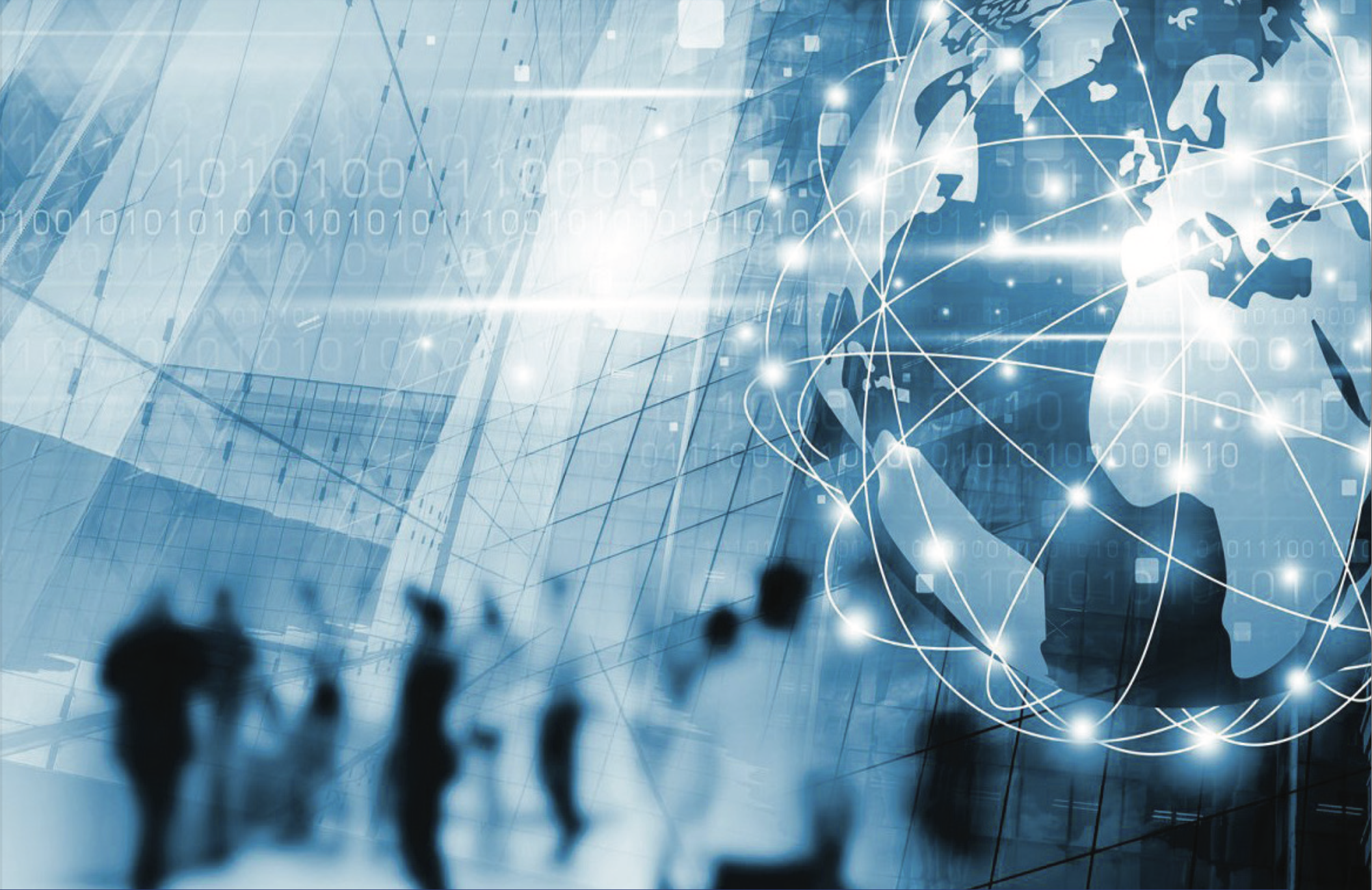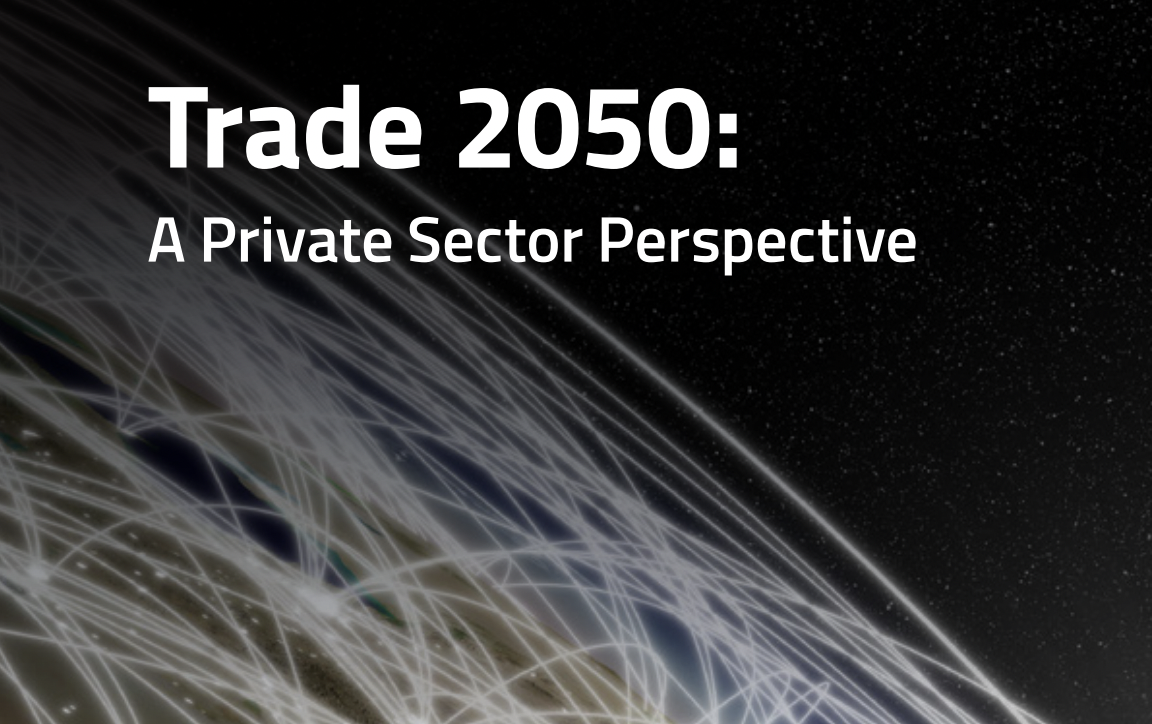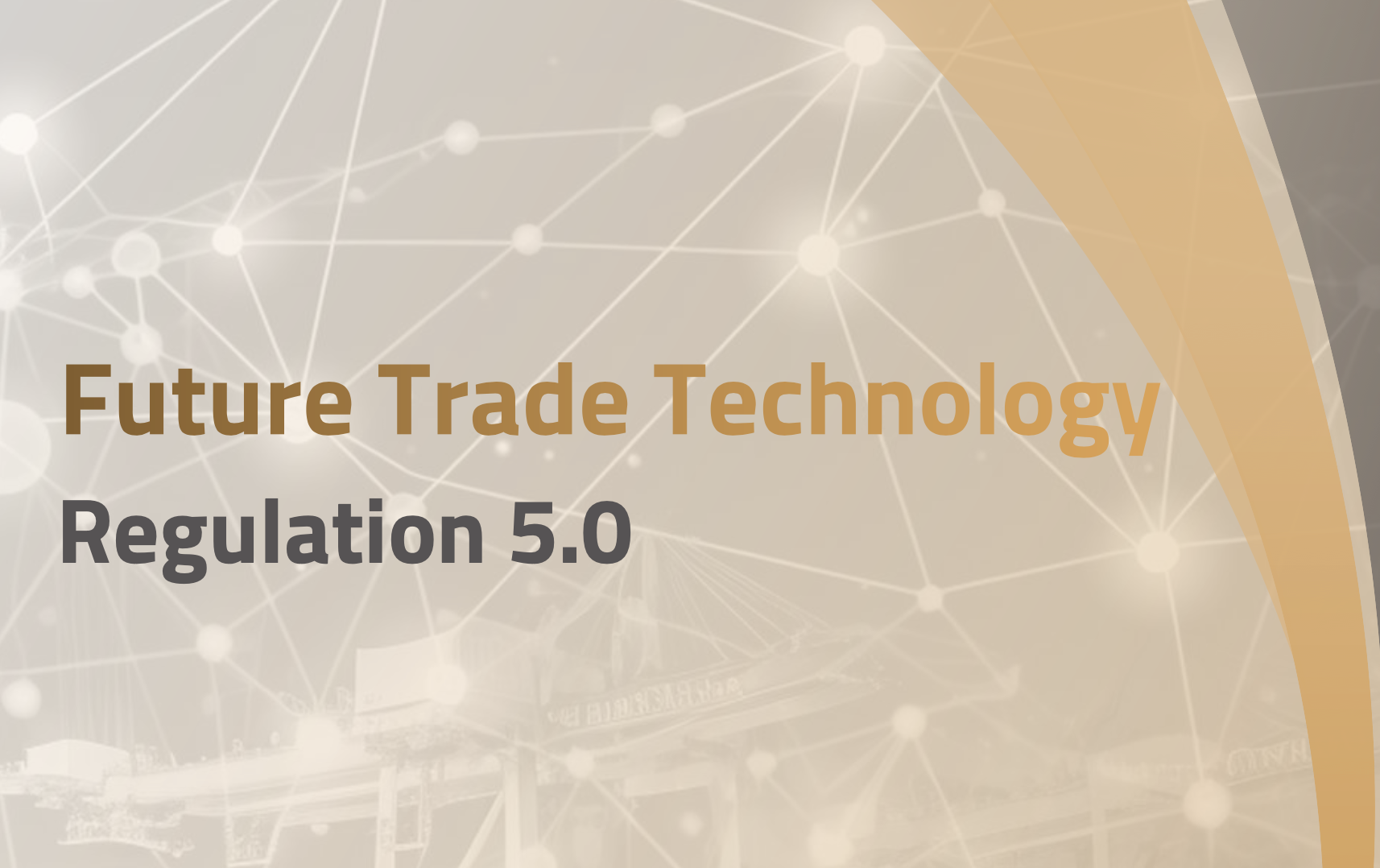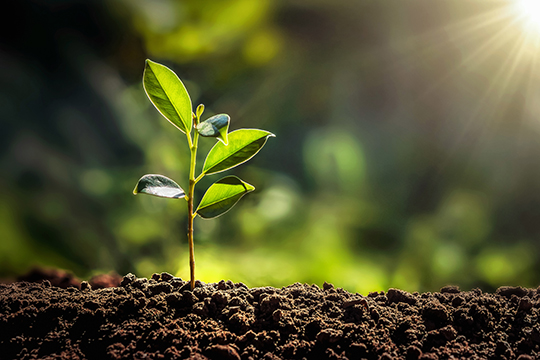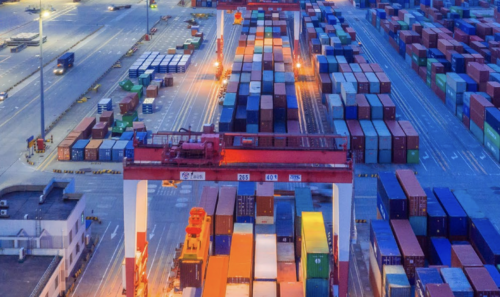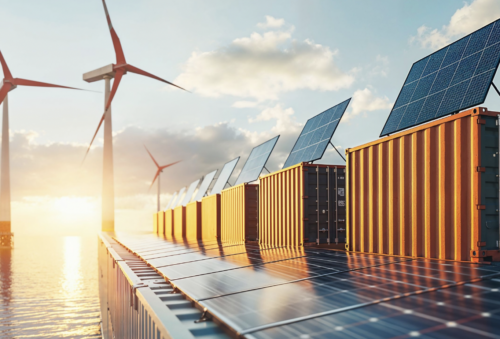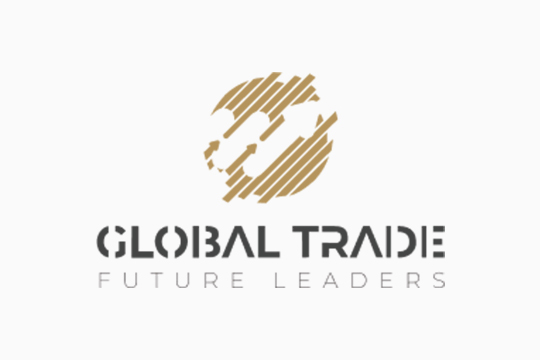#WTOMC13AbuDhabi
#UnitedForGlobalTrade
Trade is the principal engine of the global economy. It drives productivity, development and opportunity around the world – creating jobs, enhancing knowledge, promoting innovation and catalyzing entrepreneurship.
The UAE is a compelling example of trade’s power to elevate economies and provide a pathway to long-term, sustainable prosperity. It is why we remain a consistent champion of an accessible, adaptable and rules-based global trading system, and why we are delighted to play a role in guiding its future by hosting the World Trade Organisation’s 13th Ministerial Conference.
As Chair, the UAE’s focus is to create an environment conducive to constructive dialogue between member states, to support efforts to reach a consensus on key issues and, in an era of uncertainty and growing complexity, to restate the case for global trade.
This vital work isn’t limited to a single week, of course, but the resolutions and commitments made in Abu Dhabi will ensure we are working in harmony to build a trading system from which everyone will benefit.
I look forward to receiving you all in the United Arab Emirates.
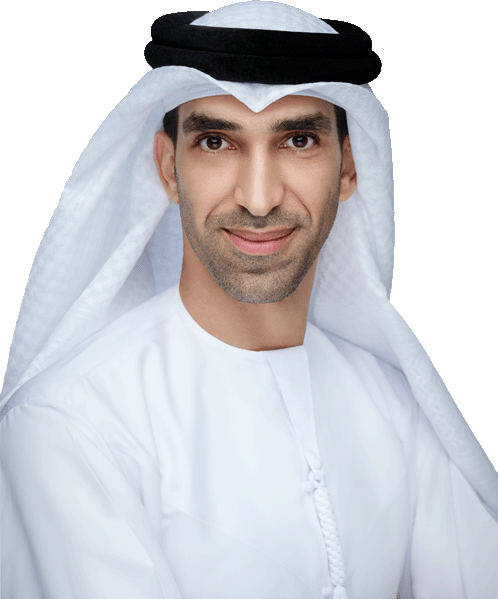
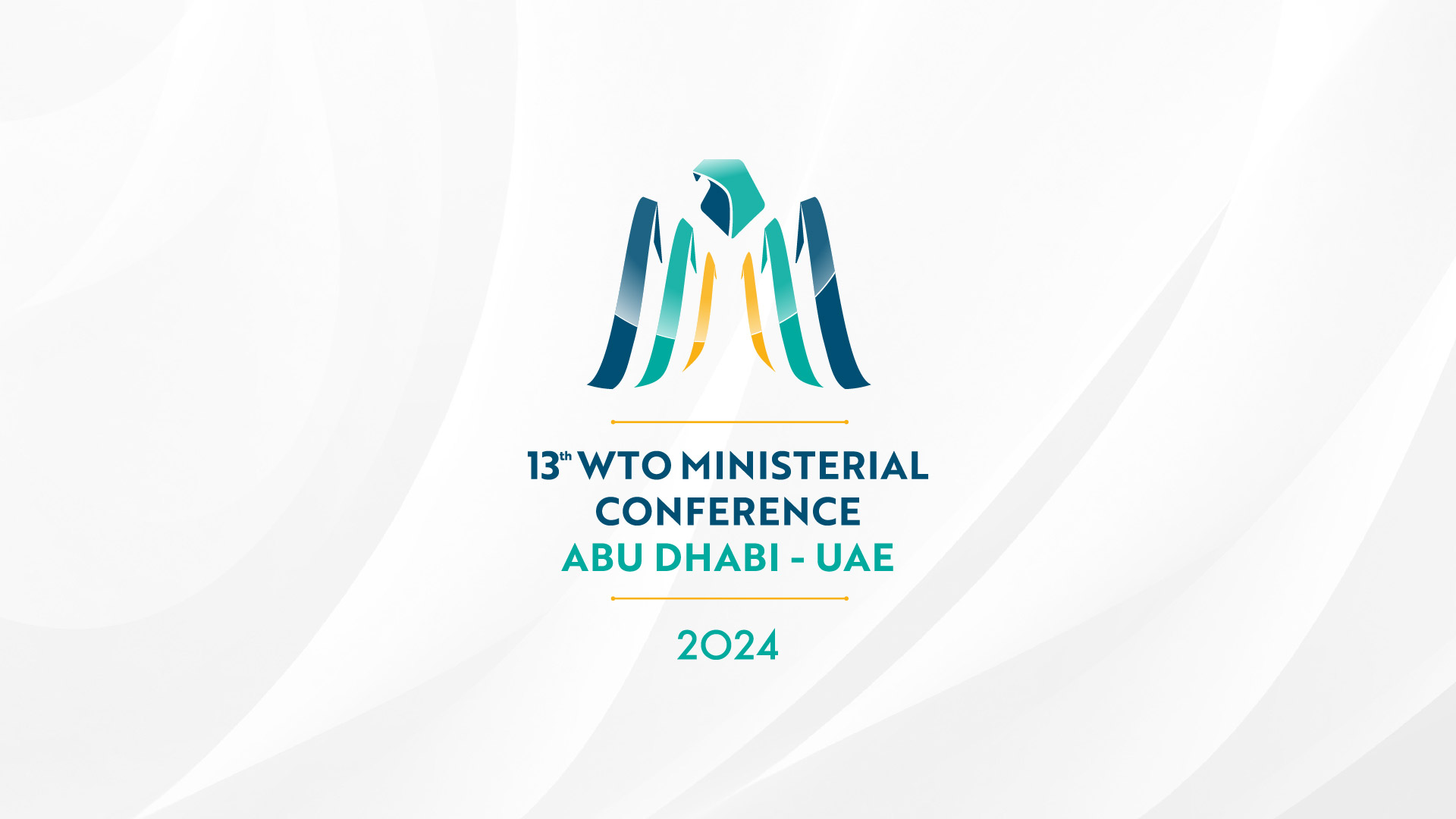
The Ministerial Conference is the most important deliberative body of the World Trade Organisation, the intergovernmental entity that regulates and facilitates international trade. With 164 members, the WTO is the world’s largest international economic organization, representing more than 98% of global trade and GDP.
Ministerial Conferences gather the WTO membership, be they representatives of nations or customs unions, to improve, refine and update the rules governing global trade, international trading systems and free-trade agreements.
Chaired by His Excellency Dr Thani bin Ahmed Al Zeyoudi, Minister of State for Foreign Trade of the United Arab Emirates, the 13th Ministerial Conference in Abu Dhabi will seek to build on the successes of MC12 in Geneva in June 2022 and ensure the movement of goods and services remains free and fair for every member.
The WTO’s mission is to deliver a more inclusive, sustainable and equitable trading system. In our rapidly evolving economic landscape, reviewing and refining the rules that govern global trade is a key objective of Ministerial Conferences.
Some of today’s priority issues include:
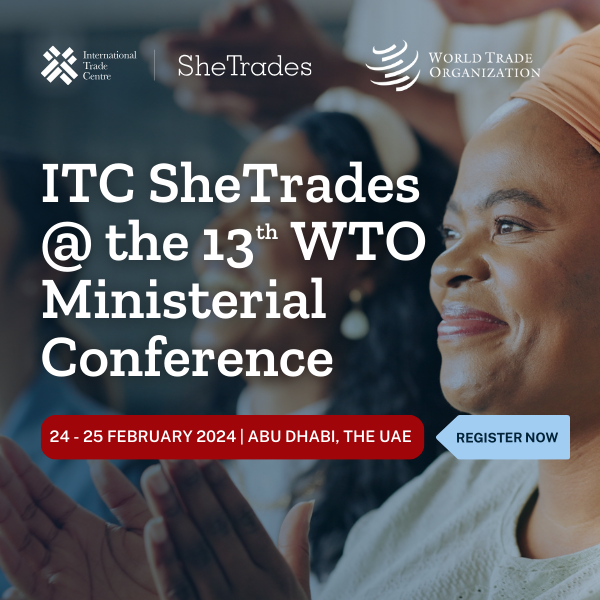
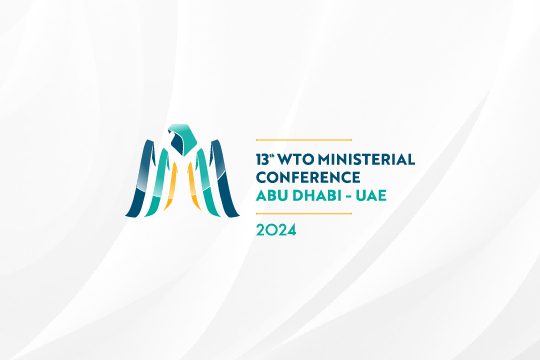

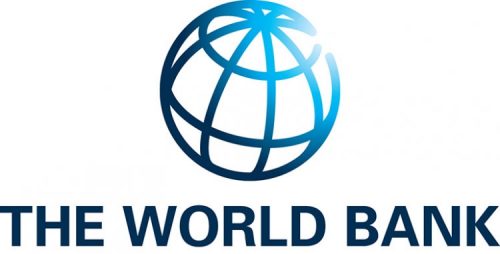

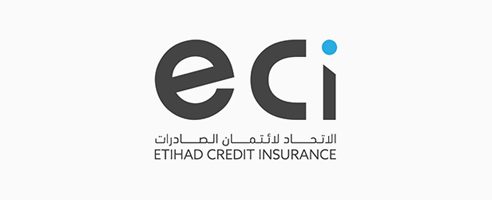
Abu Dhabi National Exhibition Centre (ADNEC)
For more information contact:
Abu Dhabi National Exhibition Centre (ADNEC)
Khaleej Al Arabi Street
Abu Dhabi
800 23 632 (Within UAE)
+971 2 444 6900 (International)
Delegates can book hotel accommodation at exclusive rates here
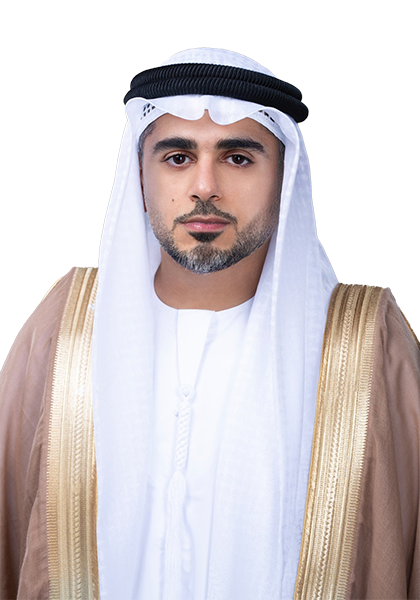
The UAE has always been open to the world. Located at a global crossroads, the free flow of goods, services, and people, has long shaped the history of our country.
Over the past 50 years, our GDP increased by over 20 times, our economic diversification deepened with non-oil sector increasing contribution to GDP from 42.7% in 1975 to more than 70% now. The remarkable growth of our foreign trade, from USD10 billion in 1975 to USD773 in 2021, is a testament to our robust policies and proactive approach to enhance the UAE’s stature as a regional and global trade hub.
Abu Dhabi and the UAE takes immense pride in hosting this significant gathering in partnership with the World Trade Organisation, providing a platform for constructive dialogue and collaboration on crucial trade pillars, reaffirming our commitment to economic cooperation, leading breakthrough initiatives, and exploring new avenues for growth and development.
The future of trade is central to the future of Abu Dhabi and UAE.
We invite you to savour the unique sights, sounds and tastes of UAE capital.
Between February 26-29, a range of experiences and tours are available to MC13 delegates.
All trips will be guided in English and include transportation.
